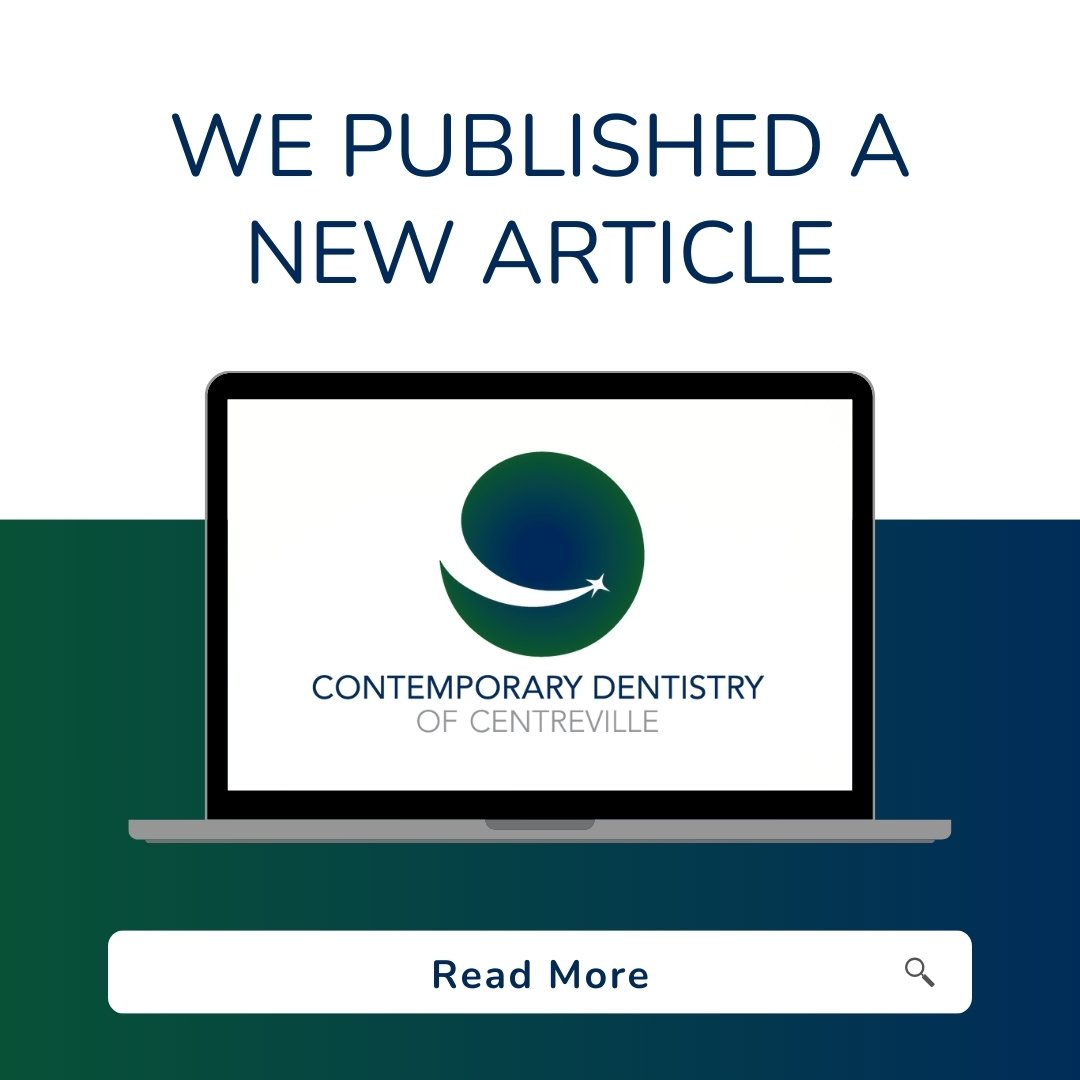Preventive dentistry plays a vital role in maintaining optimal oral health and ensuring that individuals can enjoy a beautiful smile throughout their lives. At Contemporary Dentistry of Centreville, located at 5703 Centre Square Drive, Centreville, VA, committed professionals focus on offering reliable preventive care to help identify potential dental issues before they become significant problems. Regular dental check-ups, cleanings, and effective oral hygiene practices can save both time and resources in the long run.
Routine dental cleanings are the cornerstone of preventive care. During these appointments, our team meticulously removes plaque and tartar buildup that brushing at home may miss. This is essential as these deposits can contribute to cavities and gum disease if not addressed regularly. Maintaining a schedule of biannual cleanings allows for a healthy foundation, minimizing the risk of dental complications that often arise from neglect.
Furthermore, regular dental examinations are crucial in the early detection of various oral health issues. During these appointments, specialists carefully examine teeth, gums, and other soft tissues. They also assess the potential for cavities and oral cancer, making it easier to address concerns before they escalate. According to public reviews, patients have consistently praised Contemporary Dentistry of Centreville for its thorough and approachable examinations, stating that they felt well-informed and comfortable during their visits. These positive experiences reinforce the commitment to quality care offered at this practice.
X-rays serve as another crucial component of preventive dentistry. They provide invaluable information that may not be visible during a standard examination. By utilizing advanced imaging technology, our Centreville team can identify underlying issues, such as hidden cavities, bone loss, or early signs of oral diseases. Targeted intervention based on these findings can be instrumental in preserving an individual’s dental health.
Choosing a dentist who prioritizes preventive care is essential for long-term oral health. At Contemporary Dentistry of Centreville, the focus on education, patient comfort, and comprehensive evaluations ensures that individuals receive the highest standard of care. By adopting a proactive approach to dental health, patients can enjoy a reduced risk of invasive procedures down the line.
To learn more about how preventive dentistry can benefit your oral health, visit Contemporary Dentistry of Centreville. Take the first step towards maintaining a bright and healthy smile today.
The emphasis placed on preventive care at Contemporary Dentistry of Centreville represents a philosophy rooted in the idea that prevention is not only beneficial but essential. Regular interactions with a trained professional can lead to impactful changes in oral health management. With a dedicated team capable of providing thorough evaluations and personalized recommendations, patients can feel secure in their dental care journey.
If you are searching for a dependable Dentist Centreville or Dentist in Centreville VA, look no further than the comprehensive services offered at our practice. Whether your goal is to maintain good oral health or to learn more about the benefits of preventive dentistry, the team is here to assist.
Interested individuals are encouraged to reach out for more information or to schedule an appointment to begin their journey towards optimal oral health. To take action today, please visit here and set up an appointment.
The information provided on this website is for general informational purposes only and is not intended as professional advice. While efforts are made to ensure the accuracy of the content, no liability is assumed for any harm or misunderstandings that may result from the use of this information. This disclaimer applies to all content published on this website.










